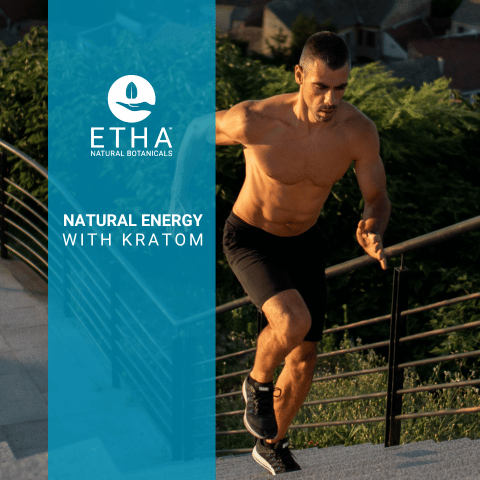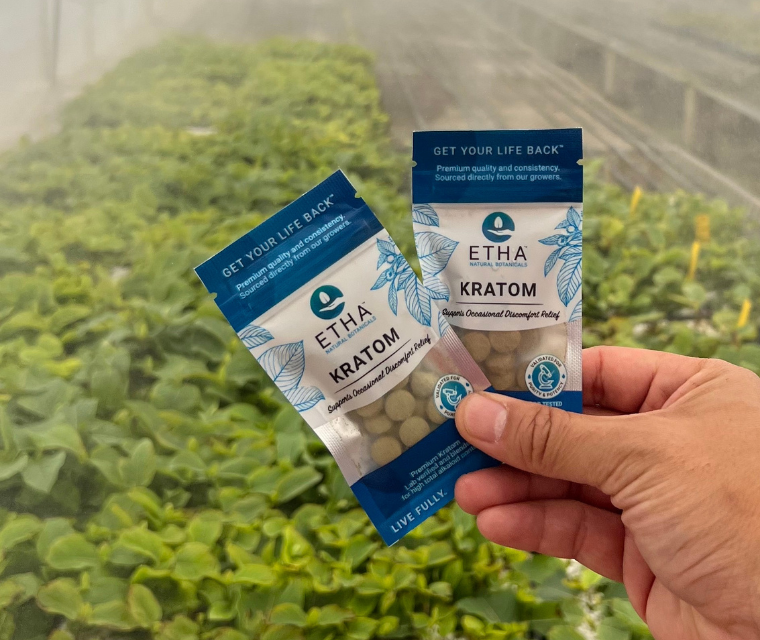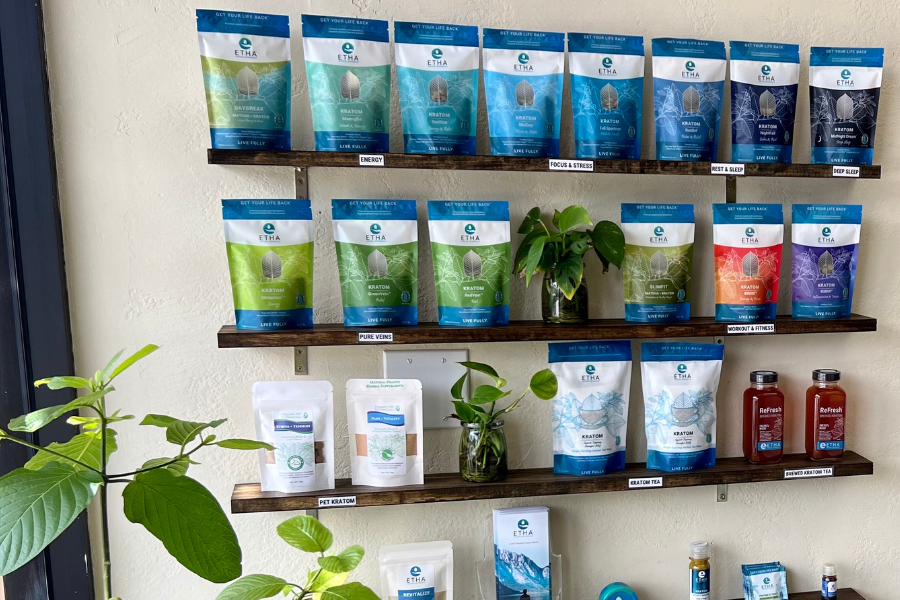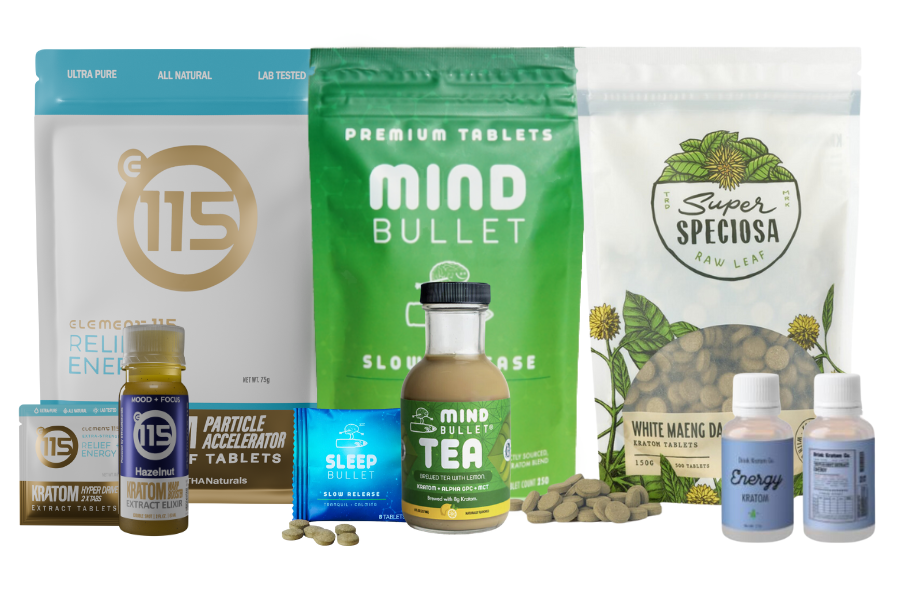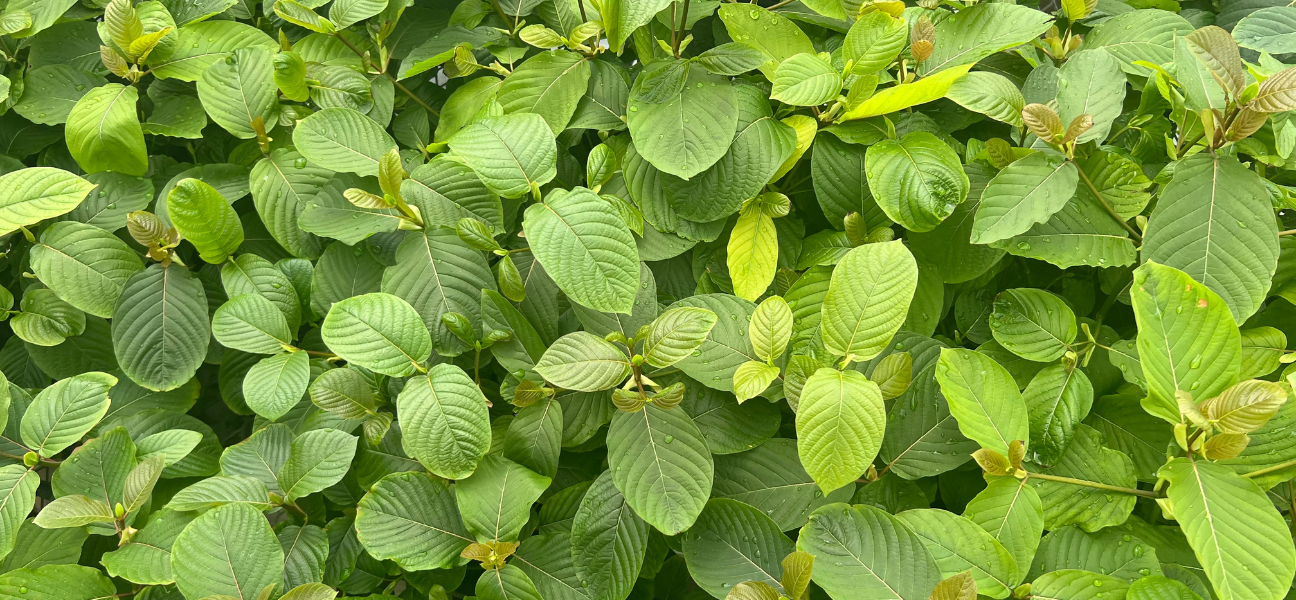Blog


Christopher R. McCurdy, Ph.D., FAAPS, is a broadly trained medicinal chemist, behavioral pharmacologist and pharmacist whose research focuses on the design, synthesis and development of drugs to treat pain and drug abuse.
For over 20 years, much of his research has focused on opioid, Neuropeptide FF and sigma receptor ligand/probe design, synthesis, pharmacological evaluation and development. He has been successful in discovering unique and selective tools for sigma receptors, NPFF receptors and opioid receptors. He is an internationally recognized expert on Kratom (Mitragyna speciosa), that is under investigation for opioid withdrawal syndrome.

